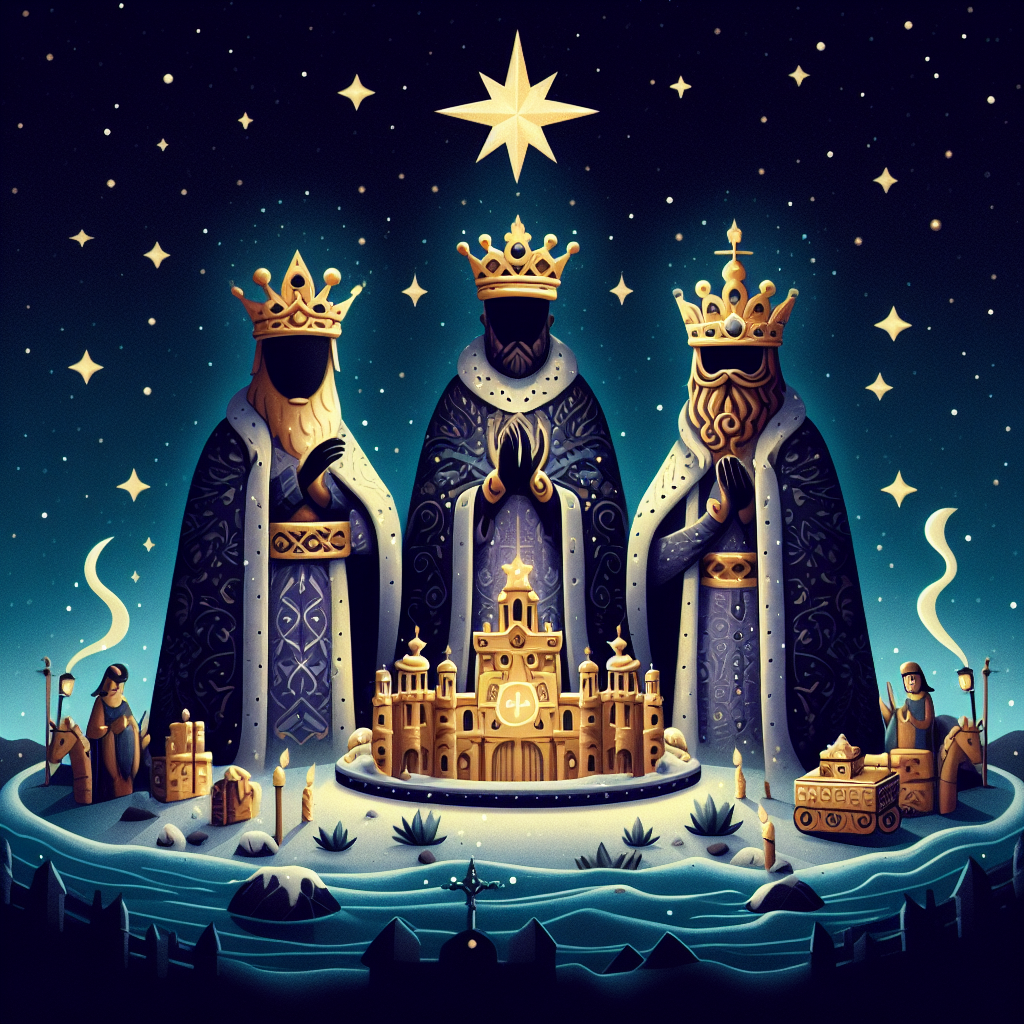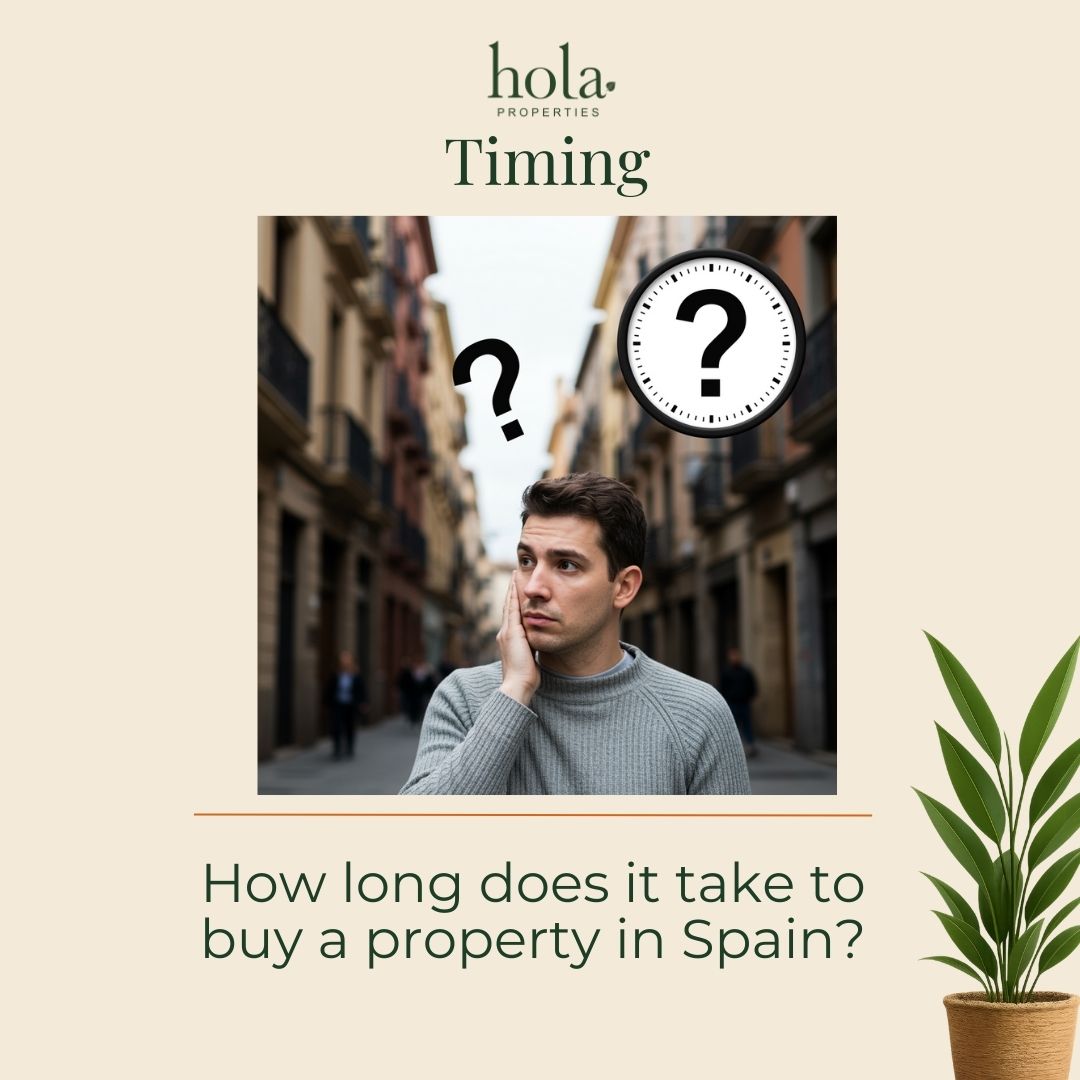The Tradition of Three Kings in Andalusia, Spain: A Royal Celebration
In the heart of Andalusia, Spain, the arrival of the New Year isn’t the only reason for celebration in early January. For many, January 6th marks a significant cultural and religious event known as “Three Kings’ Day” or “Epiphany.” This cherished holiday has deep roots in Spanish history and has evolved over the years to become a vibrant and beloved tradition.
The Historical Roots: The tradition of celebrating Three Kings’ Day in Spain can be traced back to the story of the biblical Magi – Gaspar, Melchior, and Balthazar. According to Christian tradition, these wise men followed the Star of Bethlehem to visit the newborn Jesus, bearing gifts of gold, frankincense, and myrrh. This event, known as the Epiphany, symbolizes the revelation of Jesus as the Son of God to the world.
The Spanish Connection: In Spain, Three Kings’ Day, or “El Día de los Reyes Magos,” is a holiday with a strong religious and cultural significance. It is celebrated with great enthusiasm, especially in Andalusia, where traditions are deeply rooted. Families gather to commemorate the Magi’s visit and the gifts they brought to the baby Jesus.
Traditional Customs: One of the most iconic traditions of Three Kings’ Day is the colorful and elaborate parade held in cities and towns across Andalusia. The “Cabalgata de Reyes” features the Three Kings riding on magnificent floats, throwing sweets and small gifts to the excited crowds. Children and adults alike eagerly line the streets to catch these treats, creating a joyful and festive atmosphere.
Another important custom is the consumption of “Roscon de Reyes,” a sweet, round bread-like cake adorned with candied fruits and sometimes filled with hidden figurines and coins. Whoever finds the figurine in their slice is considered blessed, and the one who finds the coin is responsible for buying the Roscon next year.
Evolution of the Tradition: While the core elements of Three Kings’ Day remain the same, the celebration has evolved over the years. In modern times, the parade floats have become more elaborate, and the event often includes music, dance performances, and other entertainment. The concept of gift-giving has also evolved, with some families exchanging presents on this day, similar to the Western tradition of Christmas.
Additionally, the celebration has embraced a more inclusive spirit, with people from diverse backgrounds participating in the festivities, regardless of their religious beliefs. It has become a cultural celebration that brings communities together to share joy, love, and the spirit of giving.
In conclusion, Three Kings’ Day in Andalusia, Spain, is a beautiful blend of religious devotion and vibrant cultural celebrations. While the core values and customs of this tradition remain intact, it has adapted and evolved to embrace the changing times and diverse communities that make up modern-day Andalusia. The Cabalgata de Reyes, the Roscon de Reyes, and the joyous spirit of the holiday continue to unite families and communities in the celebration of the Three Kings’ visit to the baby Jesus, making it a cherished and timeless tradition in this picturesque region of Spain.




